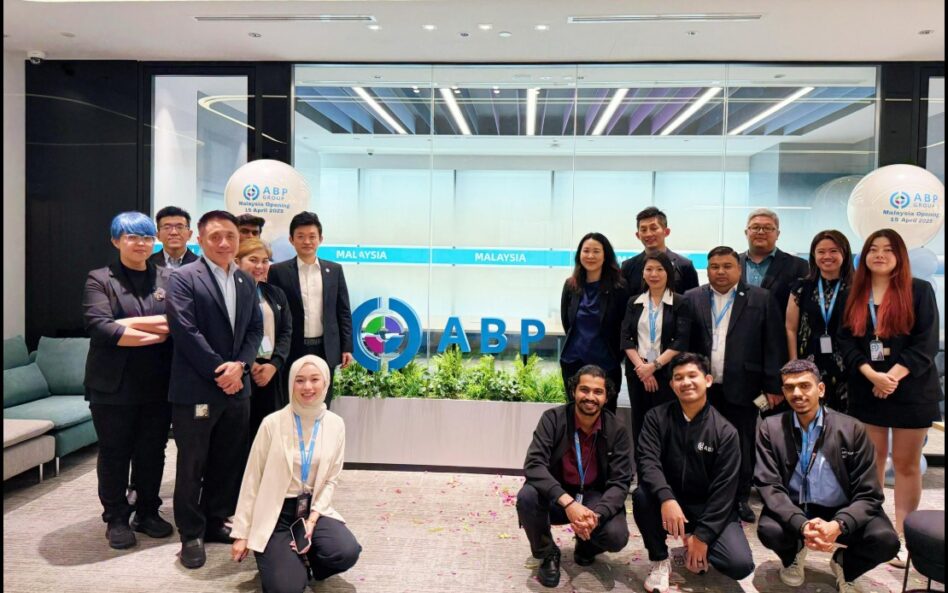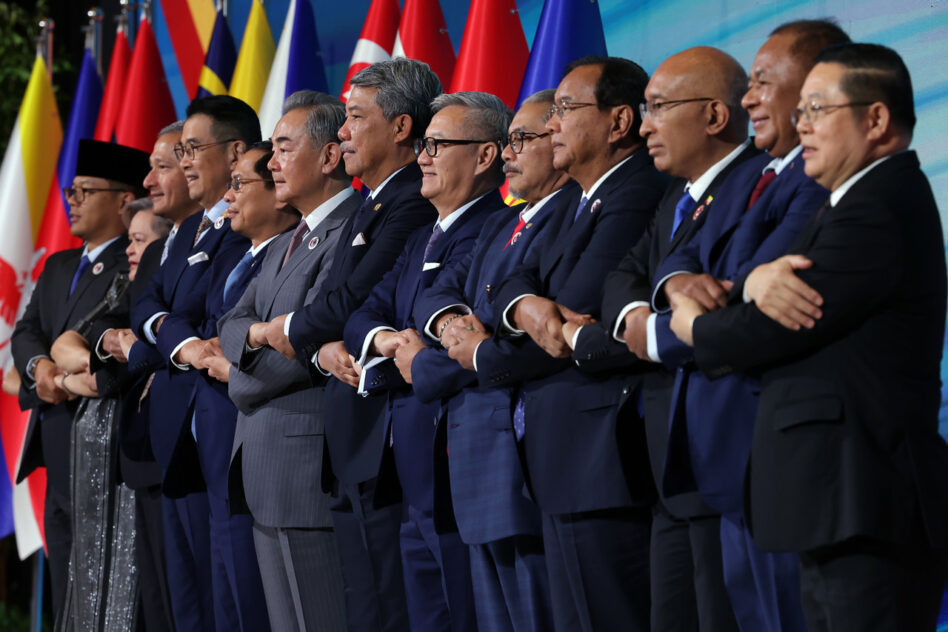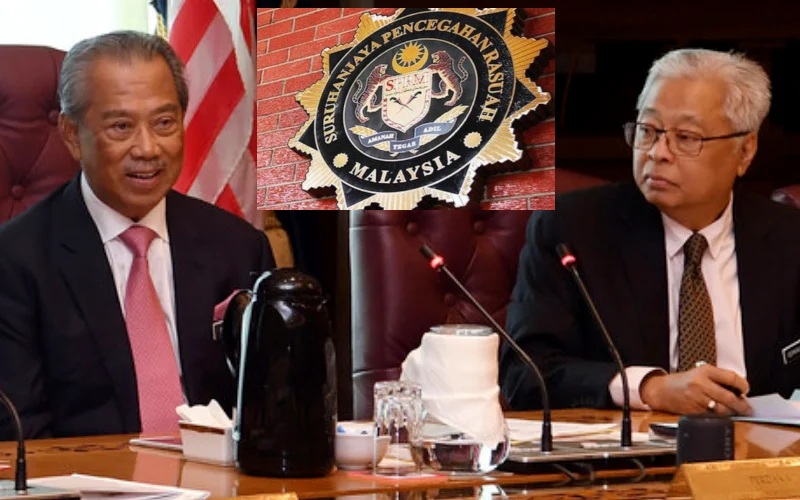AFFIN Hwang Capital called an underweight on the auto sector, citing tough market conditions, the weaker ringgit, and higher prices as barriers to consumer spending on cars in 2020. A prolonged Movement Control Order (MCO) will further dampen auto earnings as well.
“We expect the March-April 2020 sales volume to be badly hit due to the temporary suspension of operations which was extended to April 14, in line with the view from the Malaysian Automotive Association (MAA),” said Affin Hwang analyst Brian Yeoh, adding that the total industry volume (TIV) for 2020 is forecast to plunge 20% year-on-year (yoy) to about 485,000 units.
The lower TIV, he noted, is due to the developing Covid-19 crisis, weaker consumer sentiment, and resultant recent downward revision to gross domestic product (GDP) forecasts.
“Elsewhere, we think Malaysians may tighten their belts to settle with a national-brand car under tough market conditions,” added Yeoh, stating that the TIV had shown signs of exhaustion since the start of the year.
The MCO has shut down operations for auto players in Malaysia, and its extension to April 14 has not been kind to the sector.
The supply front sees APM Automotive Holdings Bhd, which serves most of the auto players in Malaysia in terms of spare parts, warning in its 2019 fourth-quarter results that many of the parts and components are sourced from China, and the disruption in the supply chain remains a major concern.
However, most companies maintain a buffer in their inventory of about four to six months for tackling emergencies.
“Part shortages could impact not only the assembly plants but also local parts stores and repair shops, in our view. With many Malaysians remaining quarantined at home and supply lines affected, we believe production plants could struggle to reopen or regain full capacity in the medium term,” noted Yeoh.
Auto margins are also set to see erosion in 2020, due to the weakened ringgit, aggressive discounting factor, and higher CBU prices from the new excise duty regulation in January 2020.
“Our economics team recently revised its ringgit to USD year-end target to RM4.30/US$ from a previous RM4.20/US$. In our view, depreciation of the ringgit will negatively impact the auto sector, especially for non-national brands, owing to higher imported raw material costs, which may be difficult to pass on to customers in a weak demand environment,” said Yeoh.
With the MCO halting operations and the higher prices, Yeoh expects an 11% fall in the sector’s core net profit for 2020. National marques are expected to perform better than non-national brands, with Perodua’s top position and Proton’s resurgence resulting in national marques sharing a total of 66.6%, an all-time high.
“With the absence of new model launches from the non-national carmakers, we think the national carmakers will continue to dominate the local mass market space. Given the weak economic outlook, we believe the downtrading trend is gaining pace in the domestic automotive market, where sales of cheaper national brands with refreshed line-ups have continuously outpaced the pricier Japanese cars,” said Yeoh. — April 2, 2020








